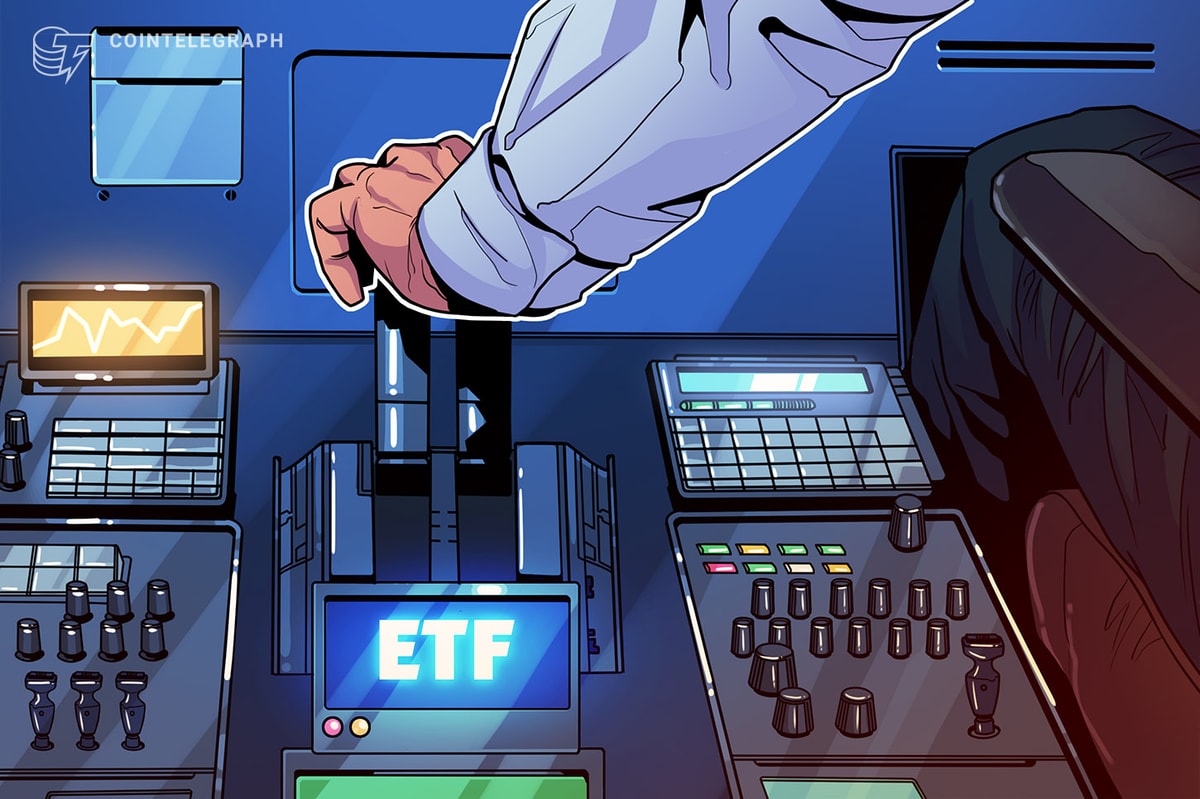Why do cryptocurrency exchanges release exchange coins?
Exchange coins are tokens issued by cryptocurrency exchanges.
To encourage cryptocurrency adoption, exchanges arose as a more straightforward method for buying, selling and exchanging these assets by mimicking the traditional finance experience. Exchanges are now positioned as a gateway into cryptocurrencies, providing expanded offerings such as exchange coins in response to the growing industry.
In most cases, exchange coins are often released as a fundraising strategy. However, the value of these coins extends far deeper, ensuring an exchange's operations run smoothly and providing incentives for active users.
That said, not every cryptocurrency exchange offers its own native token. The decision itself comes down to each exchange's goals.
How can exchange coins be used?
The specifics may vary.
Some of the common use cases for exchange coins include a method for payment, governance, contest funding or improving liquidity.
The exact details of an exchange coin will depend on the issuer. However, they will most likely hold a utility function within their given ecosystem and will be used for payment at an exchange, trading, deposit, listing or withdrawal fees.
Alternatively, many coins provide users voting rights on different decisions in the ecosystem.
The intent is that as exchanges become more decentralized over time, token holders will take on a more significant governance role, with the ability to determine the response to issues around budget usage and development. In addition to governance, exchanges may also choose to provide other member-only benefits to their token holders.
Any other options?
Another way traders may find these tokens used is as a base market.
On many exchanges, their given utility token will be paired alongside several other popular tokens, enabling users to trade between the assets like any other cryptocurrency. Utility as a base market goes hand in hand with use cases around enhanced liquidity.
Liquidity is crucial to exchanges to ensure that buyers and sellers can complete a transaction as intended without facing a substantial price change known as slippage. Exchange coins aid to address this by providing incentives for traders, in turn spurring on additional activity in a given market.
Although less common, some exchanges have become known for using their own exchange coins as a method of funding for competitions and giveaways.
What are some of the benefits of investing in exchange coins?
By holding an exchange coin, traders can take advantage of reduced fees, personalized consultations and improved customer service.
Many token holders are motivated by the benefits of governance alone. However, in some cases, there are several monetary incentives that further encourage this level of investment.
Sometimes, traders will gain access to reduced fees, anywhere from between 1% and 50% or more. The fee reduction is especially beneficial when volume is a factor, and many trades are conducted regularly.
Some exchange tokens provide other benefits such as personalized investment consultations, interest payments, marginal position leverage, collateral in futures trading and improved customer service for those with significant holdings.
How can interested parties get their own cryptocurrency exchange tokens?
Cryptocurrency exchange tokens are available through IEOs, purchase on the token’s native exchange and airdrops in more fortunate cases.
Most cryptocurrency exchange tokens are made available through an initial exchange offering (IEO), a type of initial coin offering (ICO), a crowdfunding method equivalent to an initial public offering (IPO) in the traditional market.
What are some of the most widely known exchange coins?
The list includes Binance, Coinbase, FTX, OKEx, Kucoin and HitBTC.
There are over 90 different exchange coins, according to CoinMarketCap, many belonging to the biggest names in the cryptocurrency industry. Determining which coins to invest in will come down to a question about the exchange and its benefits.
HitBTC has proven itself a powerful contender for those interested in advanced exchange functionality. As one of the largest spot trading exchanges in the industry, boasting over 800 trading pairs and over 400 spot instruments and other customer-focused functionality, including their own exchange coin, HIT.
HitBTC token was released in 2021 to provide incentives and rewards to crypto exchange traders and other contributors to the HitBTC ecosystem. These benefits include fee discounts for spot and margin trades, marginal interest for holding the HITBTC token in a trading account, and increased leverage. Over the last few months, the coin has seen significant growth, showcasing the growth in community activity in the HitBTC ecosystem.
Disclaimer. Cointelegraph does not endorse any content or product on this page. While we aim at providing you with all important information that we could obtain, readers should do their own research before taking any actions related to the company and carry full responsibility for their decisions, nor can this article be considered as investment advice.











